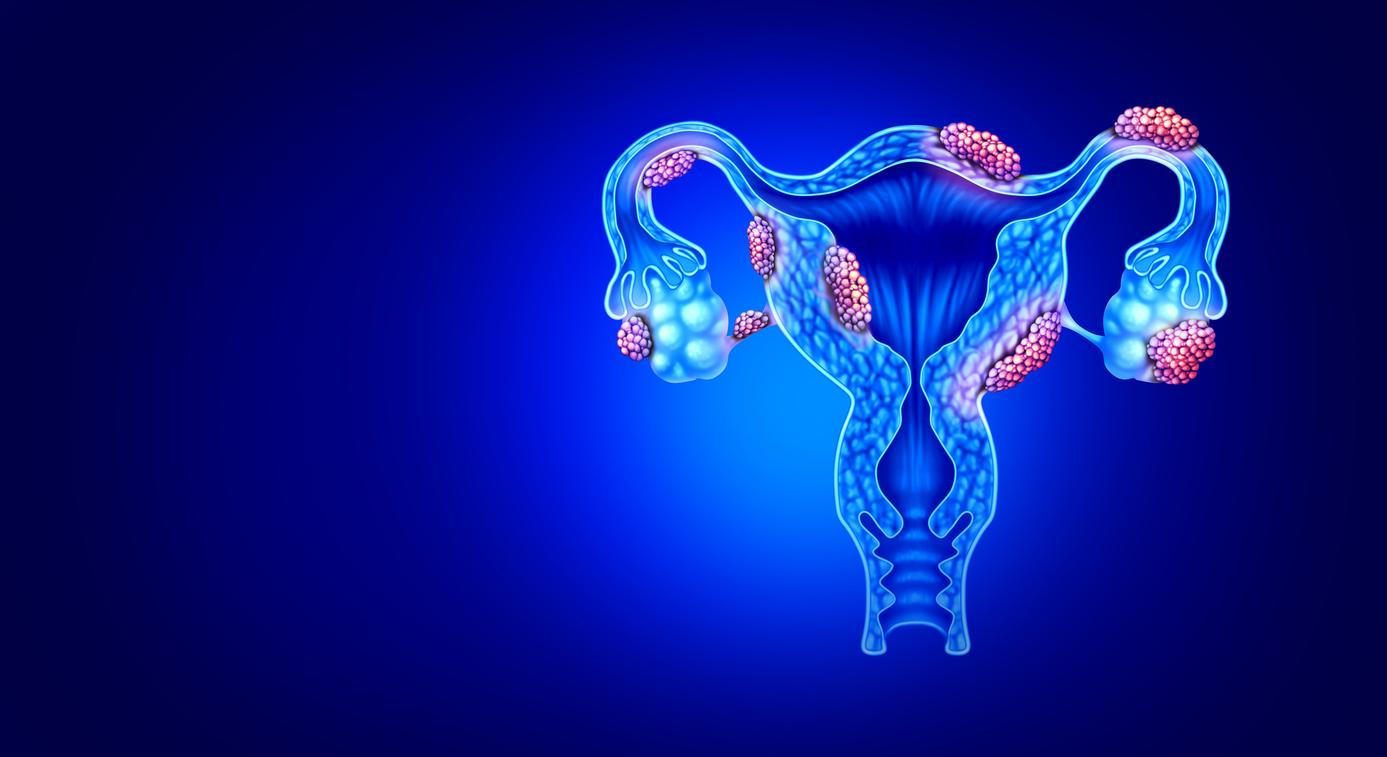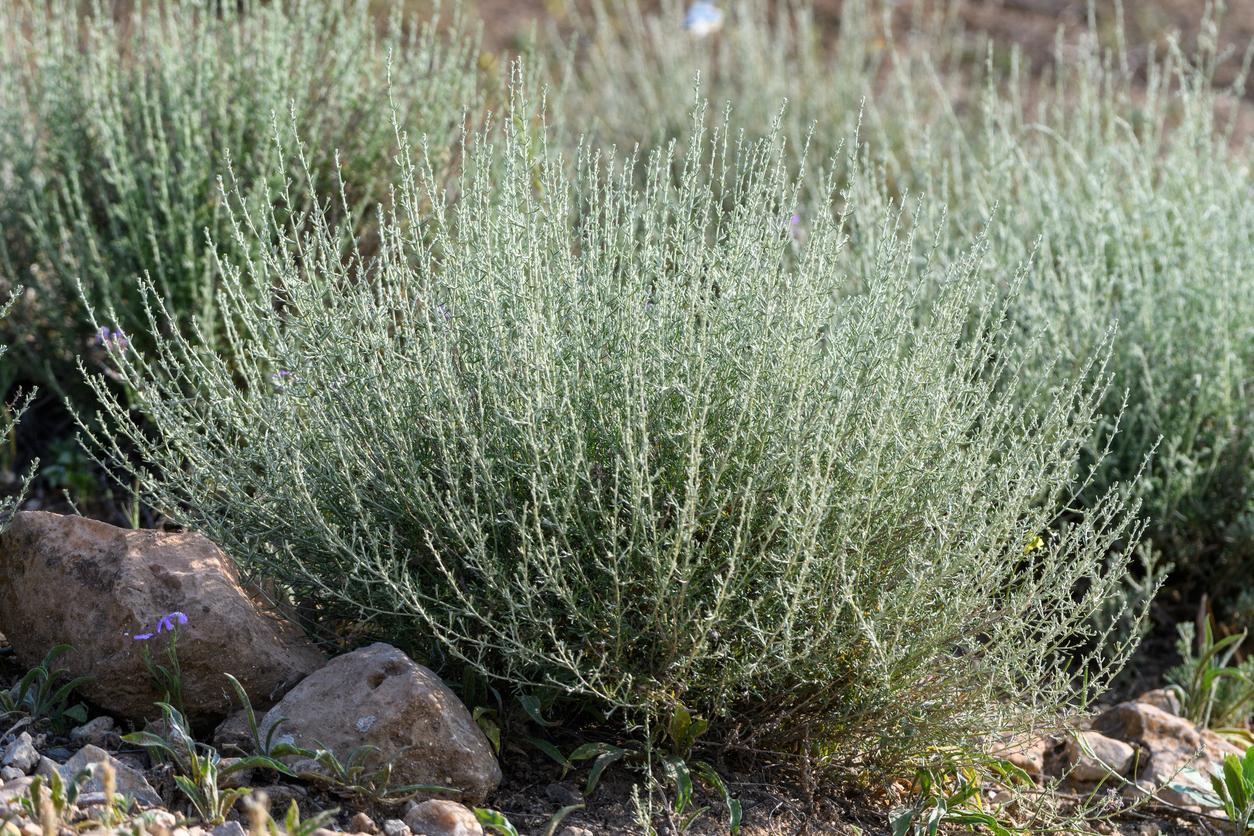Administering immunotherapy just before an operation drastically eliminates any risk of relapse. This risk is almost nil if the patient’s response is significant during the first six to nine weeks.

- Among the 75% of patients who responded well to the double immunotherapy administered before surgery, only 3% saw their tumors reappear after surgery.
- Immunotherapy is more effective when given before, rather than after surgery, due to the presence of a large tumor causing an immune response.
- This study is the first major analysis of preoperative immunotherapy for any cancer.
It’s new research that’s being touted as one of the biggest breakthroughs in melanoma treatment since the advent of immunotherapy. In a new study published February 8 in the journal NatureMedicine, Australian researchers have found that short-term administration of preoperative targeted immunotherapy to stage III patients is highly effective. The greater the patient’s response to this treatment in the first six to nine weeks, the greater the likelihood that their disease will not return after surgery.
neo-adjuvant therapy
The researchers pooled data from six clinical trials where drug treatment was given before surgery. This therapy is called neo adjuvant since it takes place before surgery. Among the 75% of patients who responded well to the double immunotherapy administered before surgery, only 3% saw their tumors reappear after surgery. This suggests that 97% are probably cured. “Neoadjuvant approach is a new way to treat melanoma and a game-changer for stage III patients with bulky disease that has spread to their lymph nodessaid Professor Georgina Long AO, co-director of the Melanoma Institute Australia (MIA) and lead author of the study. We have reversed the ‘surgery-then-drugs’ logic. By using our arsenal of breakthrough new treatments before tumors are surgically removed, this approach is proving effective in stopping melanoma in its tracks and preventing its recurrence and spread to distant organs..”
The study data suggests that immunotherapy is more effective when given before, rather than after surgery, due to the presence of a large tumor eliciting an immune response. “The concept is similar to that of sniffer dogs trained by exposure to illegal drugs – if they know what they are looking for, the more effective they are at detection”, image the researchers. In addition to training the immune system to act more effectively against melanoma, neoadjuvant therapy also allows the clinician to assess early whether a patient is responding to a particular treatment and decide on an alternate plan if necessary. It may also make surgery less complex, the researchers add.
A new reference
Current treatment involves surgically removing melanoma tumors and then administering targeted therapy or postoperative immunotherapy, called adjuvant therapy. This approach halves the risk of melanoma recurrence. “This study shows that giving drug treatment before surgery further reduces the risk of recurrence, prevents spread to vital organs like the brain and liver, and saves more lives.”, estimates Alex Menzies, oncologist and author of the study.
This study is the first major analysis of preoperative immunotherapy for any cancer. The results, its authors hope, should pave the way for the use of preoperative immunotherapy in many other types of cancer. “This early marker of a patient’s response to treatment should be considered a new gold standard for rapid melanoma drug development“says Georgina Long.

.
















